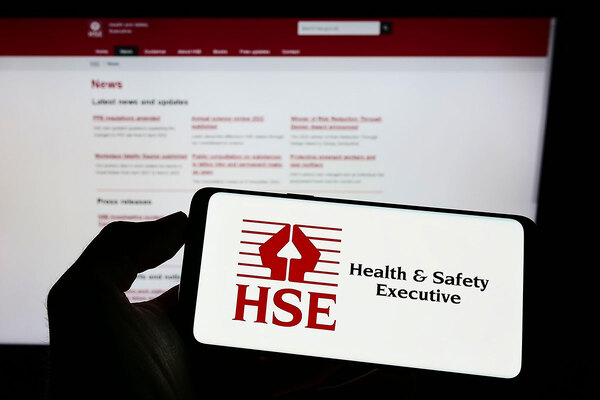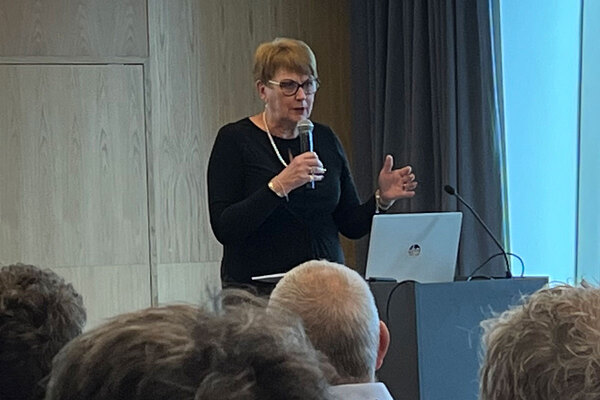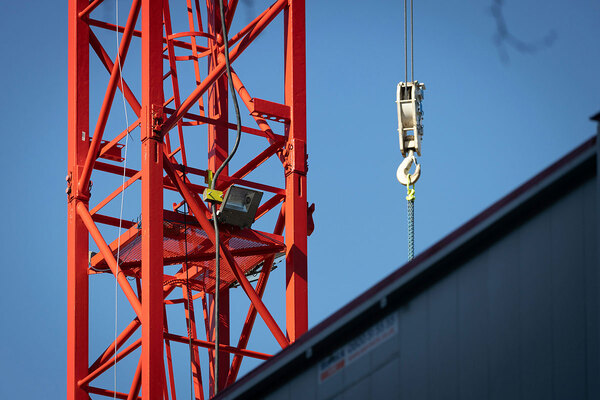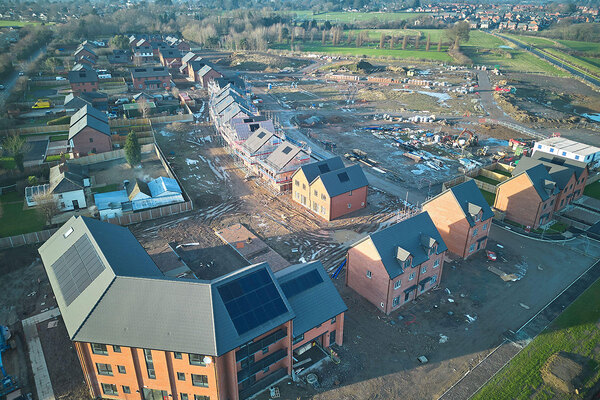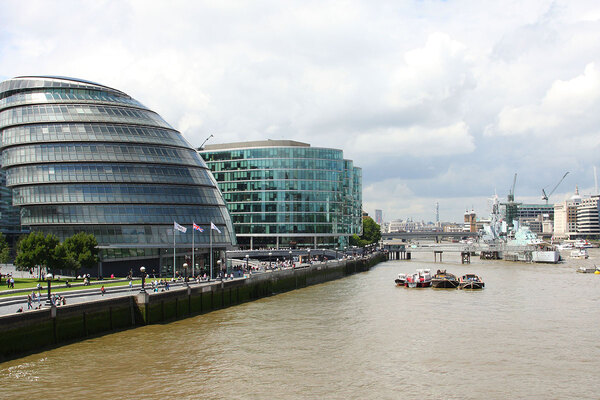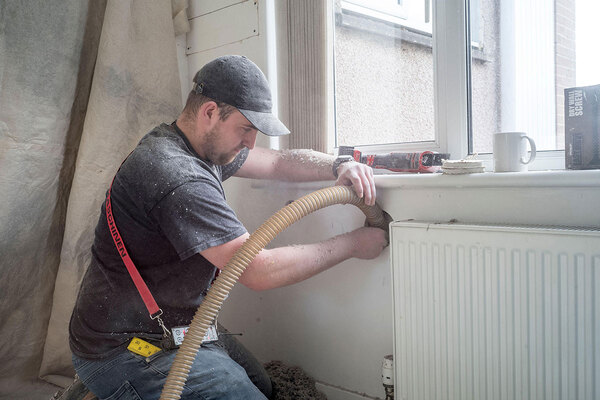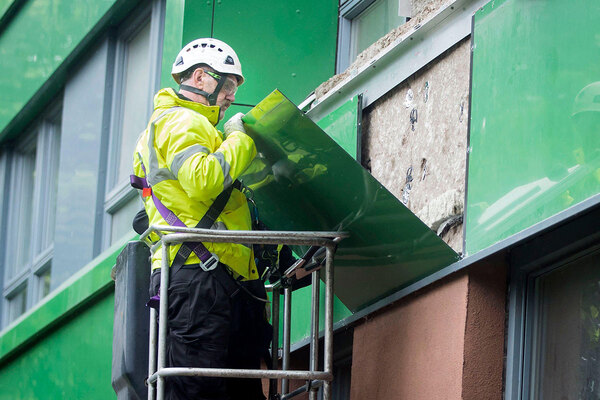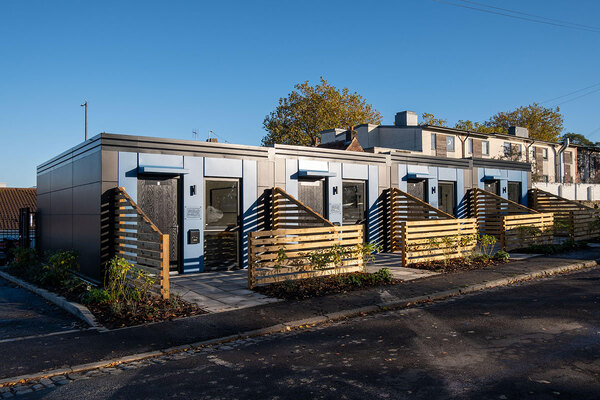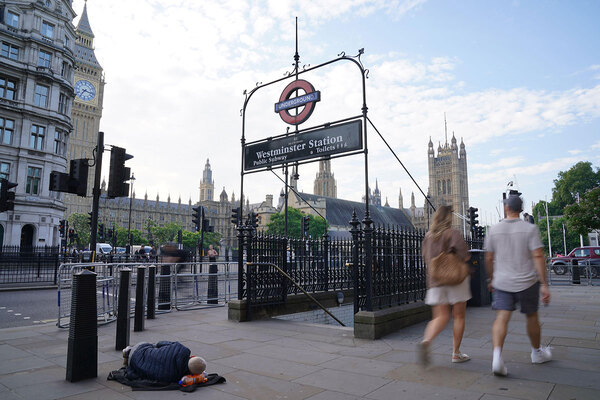Capacity must increase at Building Safety Regulator as sign-off delays ‘causing real problems’, lawyer says
The government must increase capacity at the Building Safety Regulator (BSR) to address the significant delays to gateway application approvals, a senior partner at Devonshires has said.
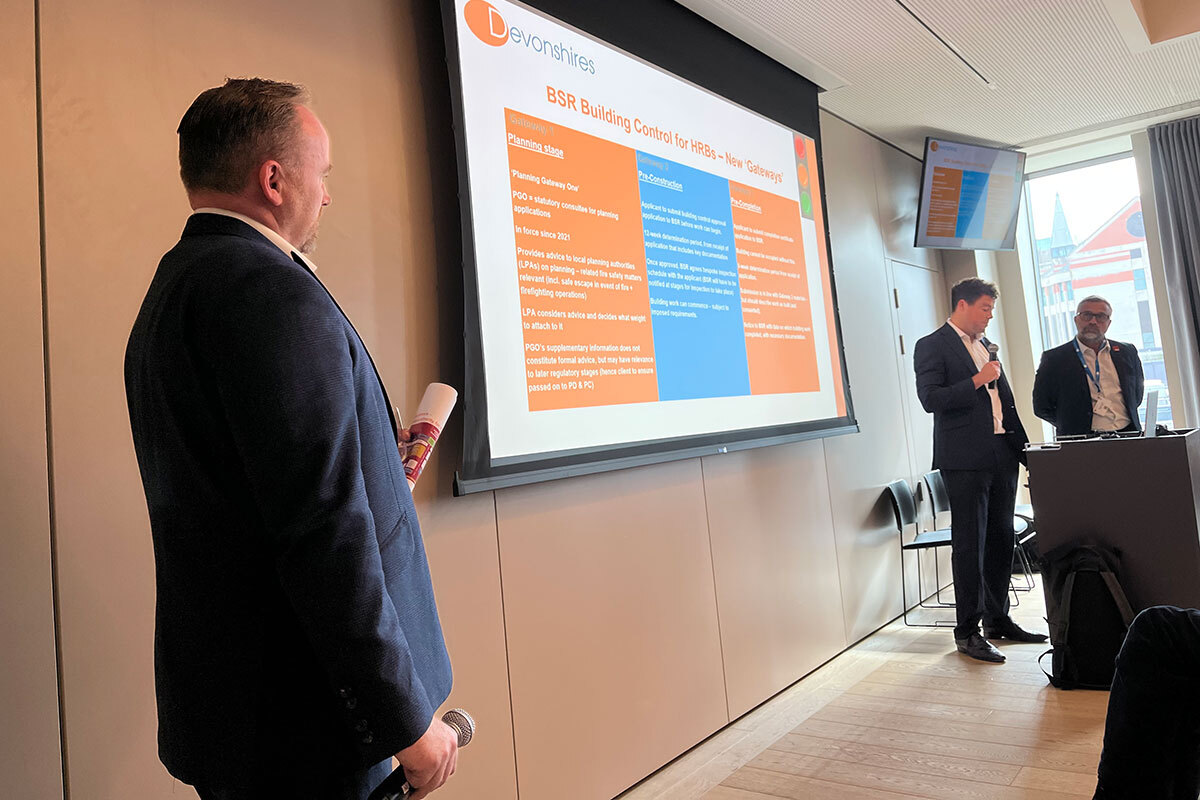
That was the view of Mark London, head of the construction, engineering and procurement team, who spoke to Inside Housing at the law firm’s Building Safety Act (BSA) Conference on Wednesday.
He said the industry “needs certainty” and the delays are “causing real problems” in terms of planning work and contractors holding their prices.
At the same time, the BSR is urging applicants to follow guidance because a significant number of applications are not being completed properly.
The Building Safety Act introduced three ‘gateways’, or checkpoints, that developers, designers and contractors need to pass, in a bid to increase oversight over buildings classed as being higher risk.
Projects cannot move to the next stage without approval.
The first gateway is the planning process, the second is building control sign-off – required before work can begin on site – and the third happens at the end of construction to show the building is safe to occupy.
The BSR is supposed to decide on a Gateway Two application within 12 weeks from date of receipt, but speakers at the conference said clients were waiting more than twice that to get sign-off.
Mr London said two things need to happen to address the delays.
“One is that the government needs to give the Building Safety Regulator significantly more resource to deal with applications.
“And the second thing, which is a very personal view, is that one of the reasons things are taking so long is because, if you are doing building work to an existing HRB [higher-risk building], you have to make a Gateway Two application, unless that work is urgent or can otherwise be dealt with by a scheme contractor.
“The problem we have got at the moment is that scheme contractors are generally not doing work to HRBs because they can’t get the PI [professional indemnity] insurance,” he said.
Mr London added that he hopes that will change. But he said: “The current delays are causing real problems in terms of planning work, in terms of contractors holding their prices, in terms of just being in a position to have certainty as to when the work is going to be carried out."
Mr London added that there does not appear to be any consistency with the delays, which are taking months, with some applications being approved more quickly than others.
“What the construction industry requires more than anything else is certainty. If we were told at the outset it was going to take 20 weeks or 25 weeks, we could have made arrangements accordingly,” he said, adding the expectation of a shorter time frame is causing issues.
The issue also came up at conference session on how to take account of the Building Safety Act on development and regeneration projects
Jamie Leonard, partner at Devonshires, said in terms of the 12-week approval process for Gateway Two applications: “That’s not what we’re seeing in practice at the moment.”
“One of my schemes that is going through gateway to approval at the moment, they got their acknowledgement of receipt 13 weeks after they submitted their Gateway Two application.”
Speaker Roger Arnold, managing director of construction consultant Martin Arnold, said: “The best we have achieved at the moment is 30 weeks.”
He said the BSR is 50% under-capacity. “I think you’ve got 464 approved Class 3 building inspectors – they’re the building inspectors that can sign off HRB work,” Mr Arnold said, adding that the problem could get worse if inspectors move to the private sector where pay is higher.
Dame Judith Hackitt, who also spoke at the conference, said there are capacity issues, but much of the delays are down to poor applications. Her expectation is that the BSR will be at full capacity in three to six months.
She told delegates that the BSR has been “surprised by some of the things that they’ve seen, some of the things they’ve been asked to do, and quite frankly, the absolutely appalling quality of some of the applications that they’ve received, which is taking them far longer than they thought it would”.
Dame Judith highlighted applications which “have little more than a floorplan”, one which simply said “it complies” over all the paperwork, and another where the applicant wrote, “I don’t know why I’m having to do this”.
She said: “I’ve heard lots of reports about the fact that the Building Safety Regulator is struggling. Let’s be clear, the [BSR] is finding this quite challenging. Are they struggling? No.
“They are needing to resource at a pace that is proving challenging, but I am confident that if we give them three to six months, they will be resourced to the level they need to be.”
Dame Judith urged the sector to “show some tolerance” with the regulator.
A spokesperson for the Health and Safety Executive (HSE), responsible for the BSR, said that as of 16 September, the regulator has received 808 applications for building control approval on higher-risk building projects.
Over 40% of those have been invalidated or rejected “as they were either incomplete or failed to demonstrate full compliance with building regulations”.
The spokesperson said: “We’re continuing to identify areas where we can stabilise and improve the new building control approval process for higher-risk buildings.
“Operational contingency measures were immediately put in place following an unexpected increase in applications, which led to some delays in processing.
“While in part this backlog has been due to an unexpected increase in applications coming into the BSR, we are also experiencing high numbers of applications which are incomplete or are unclear, making them unsuitable for approval.”
They said when an application is rejected or invalidated, it still requires “much of the same process and resources as those which are validated and approved”.
The spokesperson said: “Clear and comprehensive applications enable us to make informed decisions more quickly, reducing the risk of delays and ensuring compliance with building control standards.
“Applications should ensure they read and follow the guidance already issued by the BSR, and to take professional advice where necessary to ensure their applications are of sufficient quality.
“We are in contact with applicants whose applications have been validated to keep them updated on the progress of their case.
“We are also working closely with industry to identify areas where we can strengthen our advice and guidance for applicants to encourage high-quality applications that fully comply with building regulations.
“Applicants can find a comprehensive FAQ on our ‘Making Buildings Safer’ website, which is updated in real-time using feedback and insights from industry and our operational teams.”
Inside Housing previously reported that delays at the BSR could lead to an uptick in financing costs, with borrowers paying higher interest rates for longer as they wait for projects to be signed off.
Sign up for our fire safety newsletter
Already have an account? Click here to manage your newsletters
